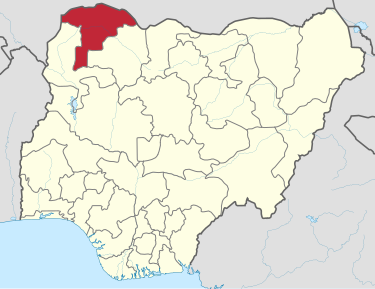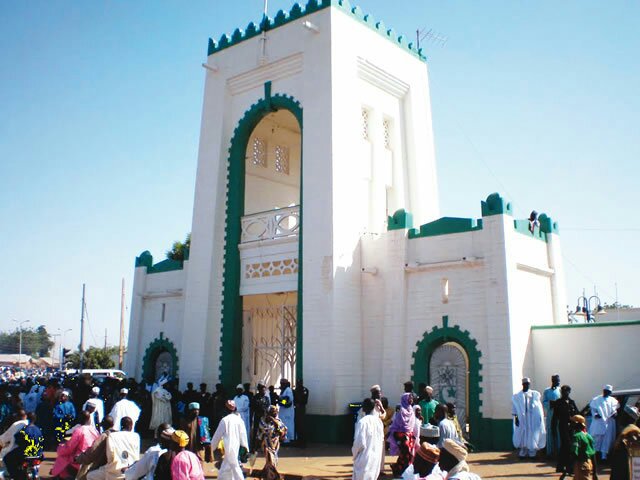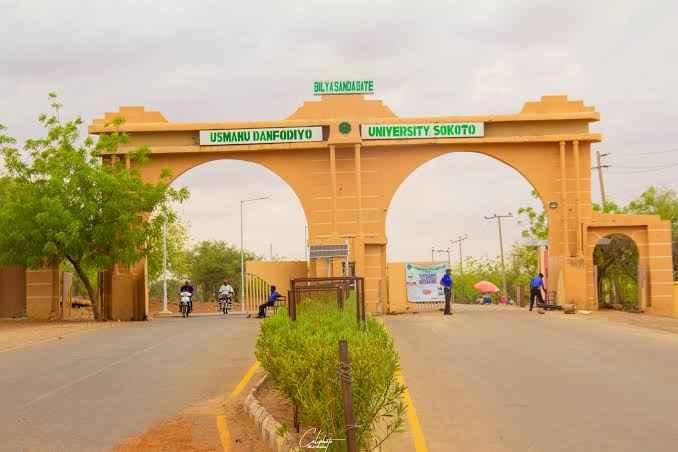Sokoto State
States Jan 04, 2025

Table of Contents
Introduction to Sokoto State, Nigeria
Sokoto State, located in the northwestern region of Nigeria, is one of the country’s most historically significant states. Known as the “Seat of the Caliphate,” it holds a prominent place in the history of West Africa, particularly in the context of Islam and the Sokoto Caliphate. Established in 1976, Sokoto State is rich in cultural heritage and is renowned for its contributions to the spread of education, religion, and governance in Nigeria.
Historical Background

The history of Sokoto State is deeply intertwined with the Sokoto Caliphate, which was founded in 1804 by Usman dan Fodio, a revered Islamic scholar, teacher, and reformer. The caliphate emerged as a result of the Fulani Jihad, a movement aimed at purifying and revitalizing Islamic practices in the region. Sokoto became the political and spiritual center of the caliphate, which extended its influence across much of northern Nigeria and beyond.
After the British colonial conquest in the early 20th century, the Sokoto Caliphate’s political power was diminished, though its cultural and religious significance endured. Sokoto State was later carved out from the larger North-Western State in 1976, with Sokoto city serving as its capital.
Geography and Demographics
Sokoto State is bordered by Zamfara State to the east, Kebbi State to the south and west, and the Republic of Niger to the north. Its location in the Sahelian region gives it a predominantly dry climate, characterized by a long dry season and a short rainy season.
The state is home to various ethnic groups, including the Fulani and Hausa people, who are the predominant communities. The Hausa language is widely spoken, alongside Fulfulde and English, which serves as the official language.
Culture and Traditions
Sokoto State is a hub of Islamic culture and tradition in Nigeria. The people of Sokoto are known for their hospitality, modesty, and adherence to Islamic principles. Traditional attire such as the “babban riga” (flowing gown) for men and the “zani” (wrapper) for women are commonly worn.
Festivals and religious celebrations, such as Eid al-Fitr and Eid al-Adha, hold great significance in the state. Sokoto is also famous for its traditional music, poetry, and crafts, including leatherwork and pottery.
Economy and Agriculture
The economy of Sokoto State is predominantly agrarian, with farming serving as the primary livelihood for its residents. The state is a major producer of crops such as millet, sorghum, rice, and maize. Livestock farming, including the rearing of cattle, sheep, and goats, is also a significant economic activity.
Additionally, Sokoto is known for its thriving local industries, which include textile production, leather tanning, and blacksmithing. Sokoto leather, in particular, is highly regarded for its quality and durability.
Tourist Attractions
Sokoto State offers several historical and cultural landmarks that attract visitors from across Nigeria and beyond. Some of the notable attractions include:
- Sultan’s Palace: The residence of the Sultan of Sokoto, a symbol of the state’s Islamic heritage and authority.
- Usman dan Fodio Tomb: The final resting place of the founder of the Sokoto Caliphate, a site of immense historical value.
- Sokoto Museum: A repository of artifacts and relics related to the Sokoto Caliphate and the region’s history.
- Waziri Junaidu History and Culture Bureau: An institution dedicated to preserving and promoting the cultural heritage of Sokoto State.
Education and Religion

Sokoto State is a center for Islamic education in Nigeria, with numerous Quranic schools and Islamic institutions. The Usmanu Danfodiyo University, located in Sokoto city, is one of Nigeria’s leading universities, offering a wide range of academic programs.
Islam is the predominant religion in Sokoto State, and the state’s governance and way of life are deeply influenced by Islamic principles. The Sultan of Sokoto serves as the spiritual leader of Muslims in Nigeria, further cementing the state’s religious significance.
Conclusion
Sokoto State is a treasure trove of history, culture, and tradition. From its pivotal role in the establishment of the Sokoto Caliphate to its contributions to education and agriculture, the state continues to hold a unique position in Nigeria’s historical and cultural landscape. Whether you are a history enthusiast, a cultural explorer, or a tourist, Sokoto State offers a rich and rewarding experience.
